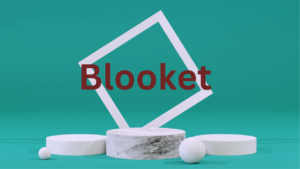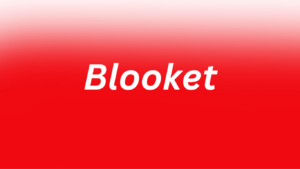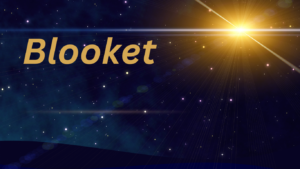Blooket has emerged as a popular educational tool, blending learning with gaming to make classroom experiences more engaging and fun. Its interactive quizzes and games offer a dynamic way for students to learn various subjects. However, with its growing popularity, there’s been a rise in discussions around “Blooket cheats”—methods and hacks some users employ to gain an unfair advantage. While it might seem tempting to use cheats to win games, it’s crucial to understand the ethical implications and the potential consequences of such actions.
What Are Blooket Cheats?
Blooket cheats refer to various methods players use to manipulate the game in their favor. These can include exploiting software bugs, using external scripts, or taking advantage of loopholes within the game’s mechanics. Cheats can range from simple tricks like auto-answering questions to more complex hacks that modify the game’s interface or scoring system. While some players seek out cheats purely for fun, others may use them to gain a competitive edge in educational settings, potentially disrupting the learning process.
The Ethical Dilemma of Cheating
Using cheats in educational games like Blooket raises several ethical concerns. At its core, Blooket is designed to make learning more enjoyable and effective. When players use cheats, they undermine the educational value of the platform. It can create an unfair learning environment where the focus shifts from acquiring knowledge to merely winning the game by any means necessary.
Moreover, cheating can foster a mindset that winning is more important than learning and effort. This mentality can be particularly damaging in educational settings, where the primary goal is to encourage students to understand new concepts and develop problem-solving skills. By using cheats, students may miss out on valuable learning opportunities, ultimately affecting their academic growth.
Consequences of Using Cheats
Blooket, like many other educational platforms, has mechanisms in place to detect and prevent cheating. If a player is caught using cheats, they can face several consequences. These can range from temporary bans to permanent account suspension. For educators, the discovery of cheating can disrupt classroom activities and create trust issues between teachers and students. In some cases, schools might implement stricter digital policies, making it harder for students to access valuable online learning tools.
Additionally, reliance on cheats can have long-term effects on students’ development. Instead of learning to overcome challenges and developing critical thinking skills, students who frequently cheat may become overly dependent on shortcuts. This behavior can carry over into other areas of life, where quick fixes do not always lead to success.
The Role of Educators and Parents
Educators and parents play a crucial role in addressing the issue of cheating on platforms like Blooket. Open discussions about the importance of honesty and the value of learning can help students understand why cheating is detrimental. Educators can also create an environment where the emphasis is on participation, effort, and learning rather than just winning. By setting clear expectations and monitoring game activities, teachers can discourage cheating and promote a culture of integrity.
Parents, on the other hand, can reinforce these values at home. Encouraging children to view educational games as learning opportunities rather than just competitions can shift their perspective. When children understand that the true reward comes from the knowledge gained, they are less likely to seek out cheats.
Alternatives to Cheating
Instead of resorting to cheats, students can use legitimate strategies to improve their performance in Blooket games. Here are a few suggestions:
- Practice Regularly: The more students engage with the games, the better they become at recalling information and understanding concepts. Regular practice can significantly enhance their performance without the need for shortcuts.
- Collaborate with Peers: Working with classmates can be a fun and effective way to improve learning. By discussing questions and sharing knowledge, students can enhance their understanding and perform better in games.
- Seek Help When Needed: If a student finds certain topics challenging, they should feel comfortable seeking help from teachers, parents, or peers. Understanding the material thoroughly will naturally lead to better performance in educational games.
- Set Personal Goals: Instead of focusing solely on winning, students can set personal learning goals. For instance, they can aim to improve their score incrementally or master a specific topic. This approach shifts the focus from competition to self-improvement.
Conclusion
While the allure of cheats in games like Blooket can be strong, it’s essential to recognize the broader implications of such actions. Cheating not only compromises the integrity of the learning process but also impacts personal growth and development. By promoting honesty and the value of learning, educators, parents, and students can ensure that platforms like Blooket serve their true purpose: making education both effective and enjoyable. Ultimately, the real victory in Blooket comes not from using cheats but from embracing the joy of learning and the satisfaction of overcoming challenges through genuine effort.




